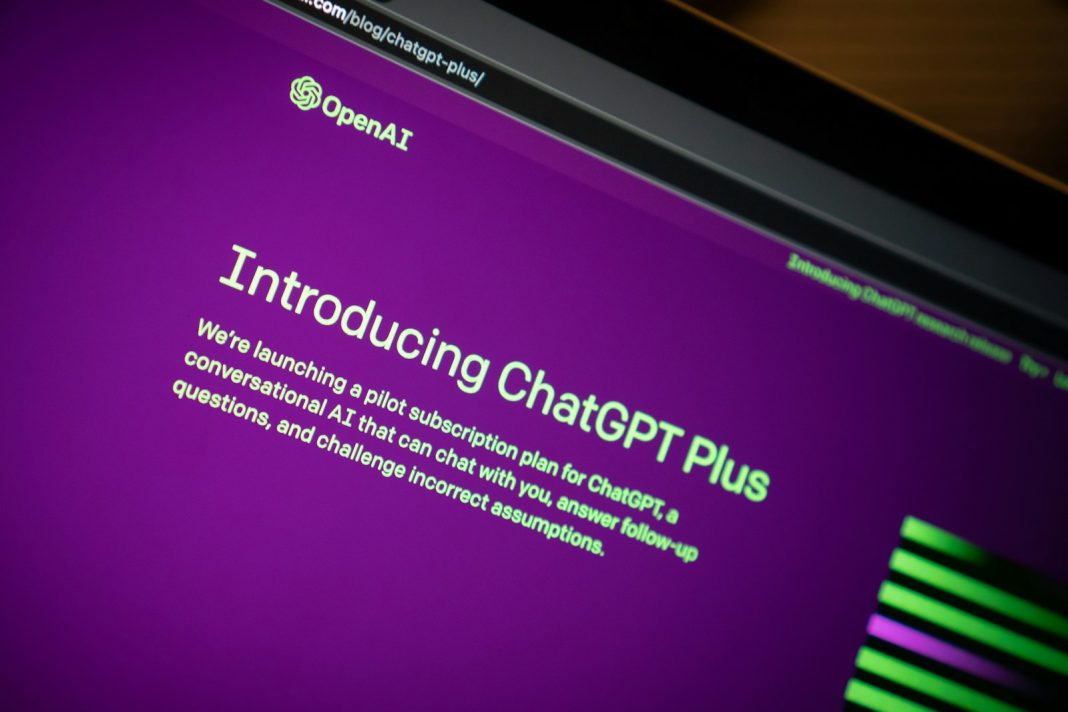In a move that promises to enhance the capabilities of ChatGPT for paying users, OpenAI has unveiled the latest iteration of its GPT-4 Turbo model, bringing forth a slew of improvements. The announcement, made via X (formerly Twitter) on Thursday, has set the stage for a new era of AI-powered interactions, particularly in the realms of writing, maths, logical reasoning, and coding.
OpenAI’s proclamation of the enhanced prowess of GPT-4 Turbo comes with a display of statistical advancements, elucidated through a graph accompanying the announcement. According to the data presented, the 9th April version of GPT-4 Turbo showcases notable enhancements across various categories compared to its 25th January predecessor earlier this year. Among these metrics, some demonstrate particularly striking progress: not least among them being the improvement in GPQA, a benchmark gauging AI performance in scientific datasets, ascending from 39.7% to 49.1%. Similarly, the MATH benchmark reflects an uplift from 64.2% to 72.2%.
However, amidst the cascade of improvements, a nuanced observation emerges: while the current iteration of GPT-4 Turbo excels across numerous dimensions, it registers a slightly diminished performance in the HumanEval test, specifically concerning the generation of code. Whereas the previous model achieved a score of 88.2%, the latest rendition clocks in at 87.6%. Although this disparity is marginal, it stands as an intriguing regression that OpenAI has yet to expound upon.
OpenAI’s emphasis, nevertheless, remains steadfastly fixed on the tangible enhancements discernible to users engaging with ChatGPT. The company asserts that interactions with the new GPT-Turbo will be characterised by responses that are “more direct, less verbose, and employ a more conversational tone.” This claim finds substantiation in a practical example provided by OpenAI, where ChatGPT is tasked with generating an SMS to prompt friends to RSVP to a birthday dinner invite. Contrasting the outputs of January’s GPT-4 Turbo, which yields a somewhat prolix response with discernible AI traits, the latest model furnishes a succinct, casual reminder conducive to natural conversation.
Yet, amidst the allure of enhanced conversational fluidity, a significant leap lies in the expanded temporal context now accessible to GPT-4 Turbo users. Unlike its predecessor, confined to events up to April 2023, the current iteration boasts a dataset extending to December 2023. While it remains oblivious to developments in 2024 unless tethered to the internet, this expanded chronological horizon furnishes users with approximately eight months’ worth of additional contextual information, enriching the depth of interactions facilitated by ChatGPT.
As users eagerly anticipate leveraging the augmented capabilities of GPT-4 Turbo, OpenAI’s latest unveiling marks a significant stride towards enhancing the utility and efficacy of AI-powered communication platforms. With each iteration, the boundaries of conversational AI are pushed further, fostering a landscape where human-machine interactions seamlessly blend innovation with practicality.


